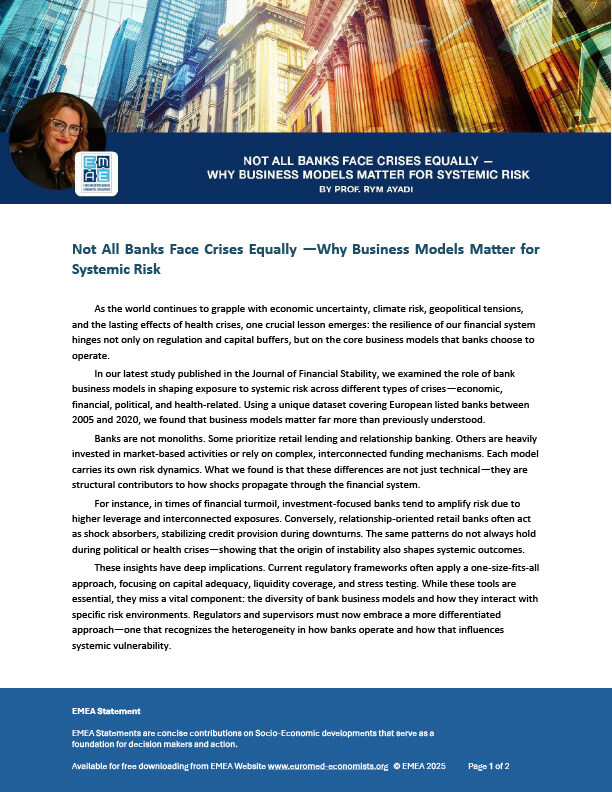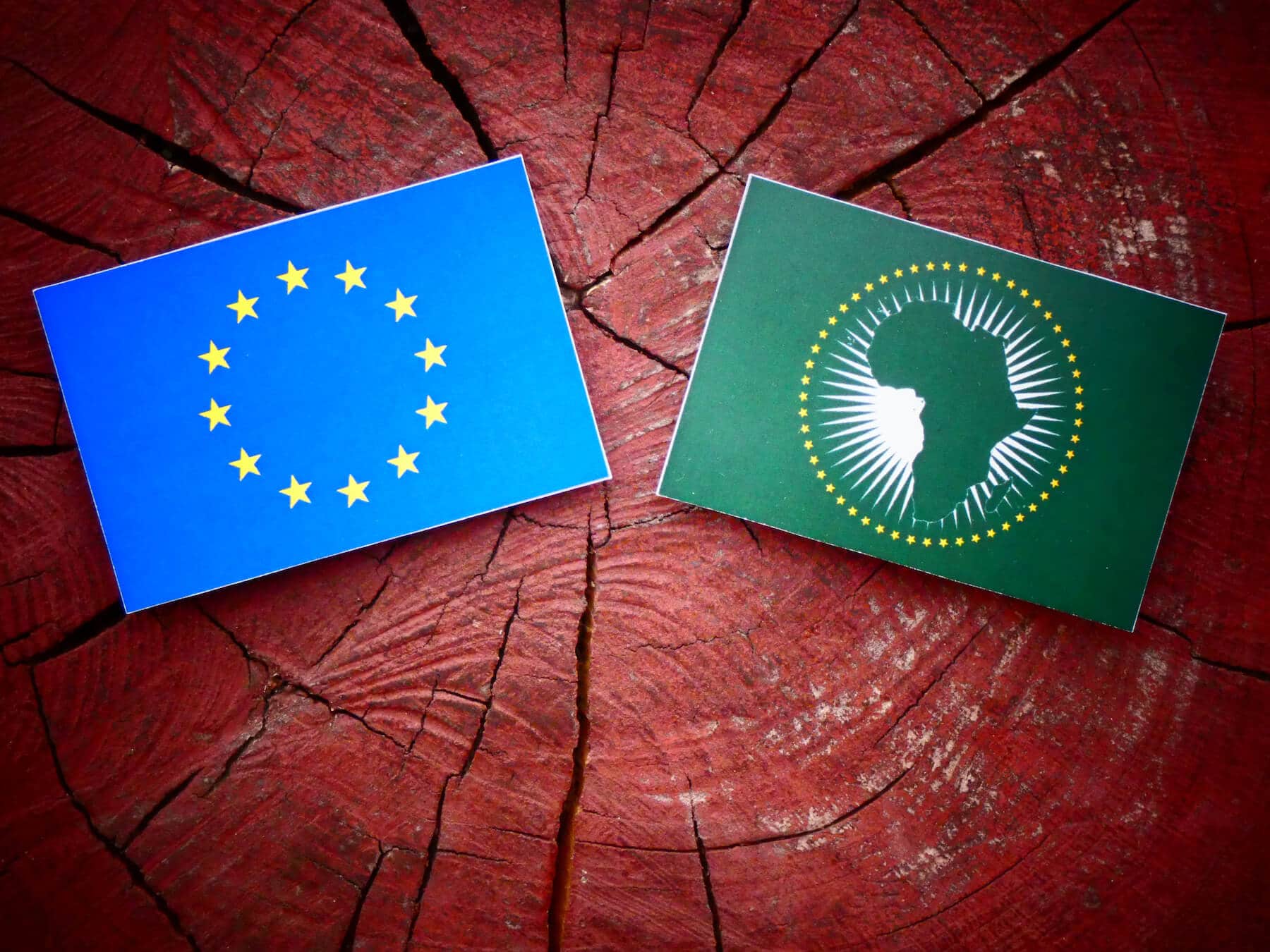Since the inception of the financial crisis of 2007-09, the banking sector in Europe has been undergoing fundamental changes. Following the major fallouts of large banking groups – in particular those with excessively risky business models combined with the trillions incurred in losses and subsequent taxpayer-funded government bailouts to keep the European banking sector afloat – a wave of re-regulation was undertaken to bring back eroded market confidence and to safeguard financial stability. This led to major restructuring and waves of deleveraging with fundamental implications for the future of the European banking sector and financial intermediation.
In this changing context of evolving market structures and regulations, the banks’ business models analysis can provide market participants, depositors, creditors, regulators and supervisors with a useful tool to better understand the nature of risk attached to each bank business model and its contribution to systemic risk throughout the economic cycle.
For this purpose, the business models analysis was first introduced by Ayadi et al (2010) in an initial attempt to identify the business models of 26 European banking institutions and to assess their performance between 2006 and 2009.
The first pilot exercise monitoring the business models of 147 banks was released in December 2014 in Ayadi & De Groen (2014a) to test the relevance of this approach. For the first time, a diverse dataset of banks of different sizes and ownership structures was analysed, based on a new analytical framework for assessing business models. The findings reinforced previous conclusions and prepared the ground for more generalisations with larger samples and more countries. In 2015 The authors enlarge the sample to 2,528 banks and now the sample is enlarged up to 3,287 European banks.
The BBM research platform was conceived by Professor Rym Ayadi, EMEA Founder and President and launched by EMEA in December 2019 to allow researchers working on this area to have open access to the BBM data. More research will target the Mediterranean and Africa.







